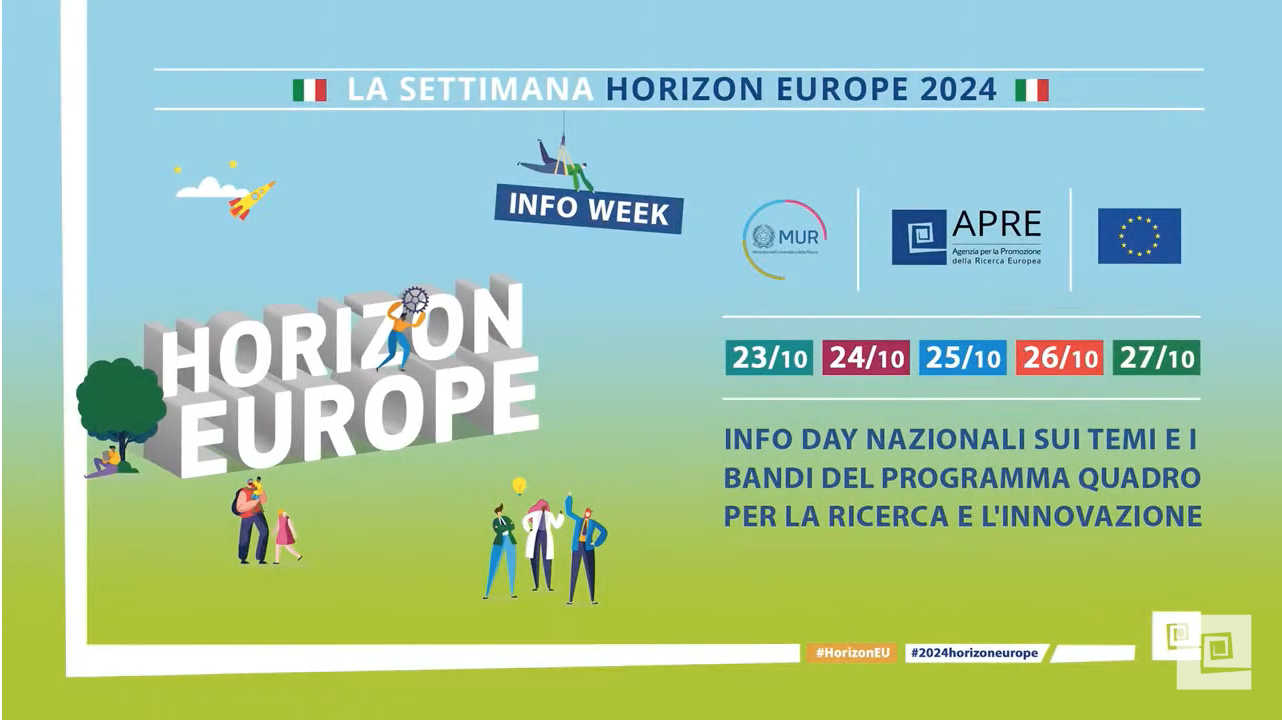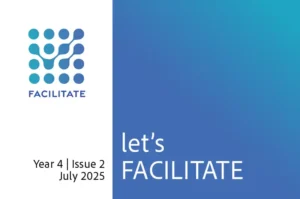A technological process with a legal-ethical core
From October 23-27 2023, Horizon Europe 2024 – the European Research Promotion Agency’s (APRE) annual event – took place with 5 days of information meetings on the themes and calls of the Framework Program for Research and Innovation.

It was a relay of information sessions, insights, and interactions to accompany Italian researchers and innovators “inside” all aspects and opportunities of the Framework Program for the year 2024, with the goal of activating as a national system to participate and win. Together with APRE experts, European Commission officials and national representatives in their respective configurations interacted and presented their point of view and experience.
During the second day of the event, Professor Johanna Blom, IHI-FACILITATE Coordinator, was invited to present the key themes of the project, which originated from a public-private partnership with EFPIA and was coordinated for the first time by Italy.
First, Blom recalled the purpose of FACILITATE, a large consortium of 29 European and non-European partners with diverse expertise implemented to create a prototype process for returning individual clinical trial data to participants and for their secondary reuse. Emphasizing how current data protection legislation – the GDPR – represents a limitation to research competitiveness in Europe, Blom referred to FACILITATE as a new process that could be implementable by industry starting with patient needs.
The consideration of how to reconcile Big Data with current laws led FACILITATE researchers to seek the answer to a series of questions: could good faith GDPR legal safeguards make de facto Europe non-competitive? On what basis to realize secondary use of data? Is consent truly informed in Italy? What can we do that is truly innovative?
FACILITATE is trying to realize the creation of an integrated ethical-legal common core – which is currently absent – based on ethical principles that can be expressed maximally within minimal legal constraints. This ethical-legal core fuels a process which is based on a solid technology system, supported by the continuous input of all stakeholders.
“To overcome the status quo,” Blom concludes “We need to recreate the basis for trust between researchers and patients, find new ethical ways of participation that reconsider the right to opt in and opt out, think about new forms of consent, consider a new way of accessing personal data, because access to good quality data remains impossible with the current limitations.”



